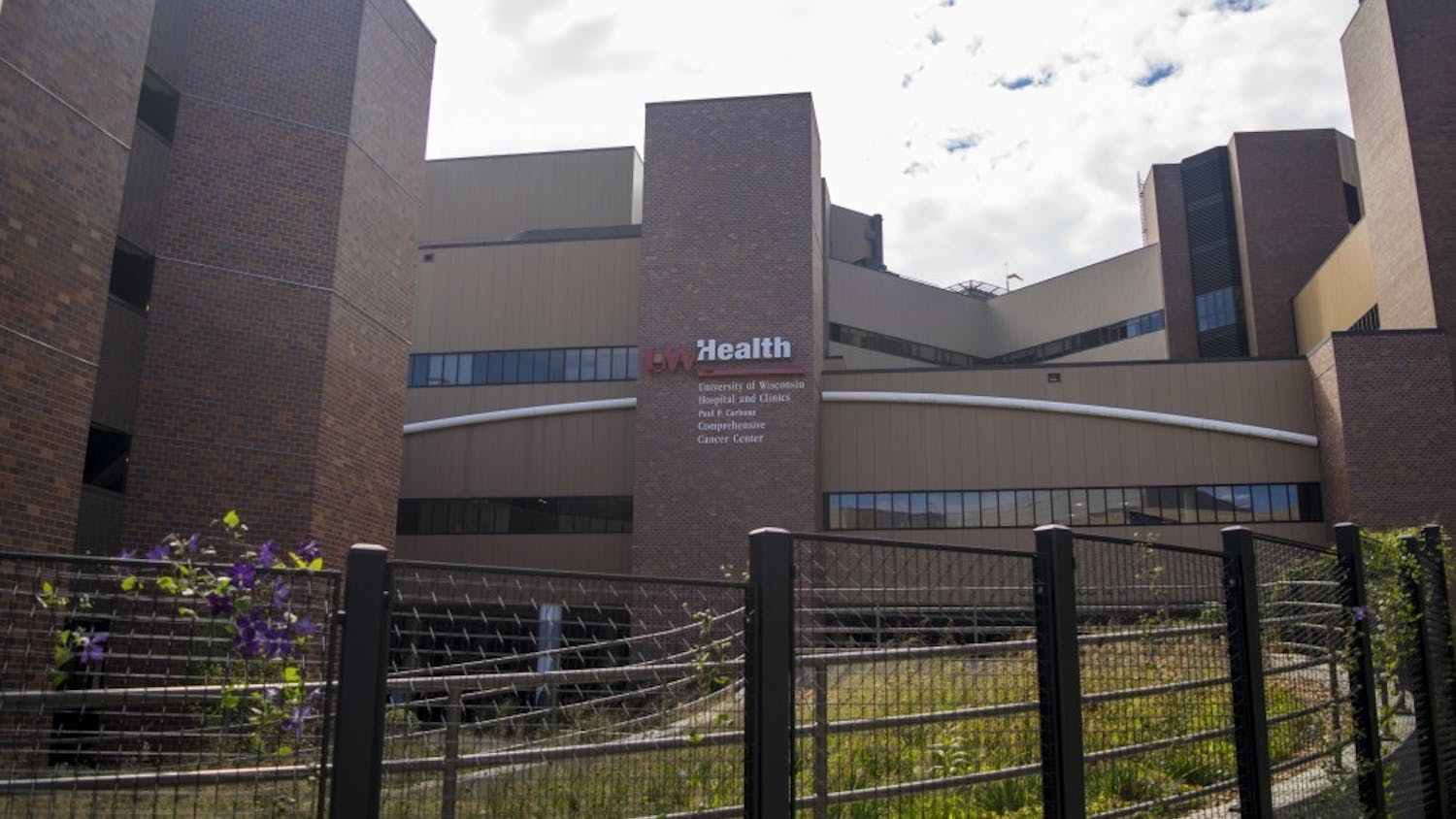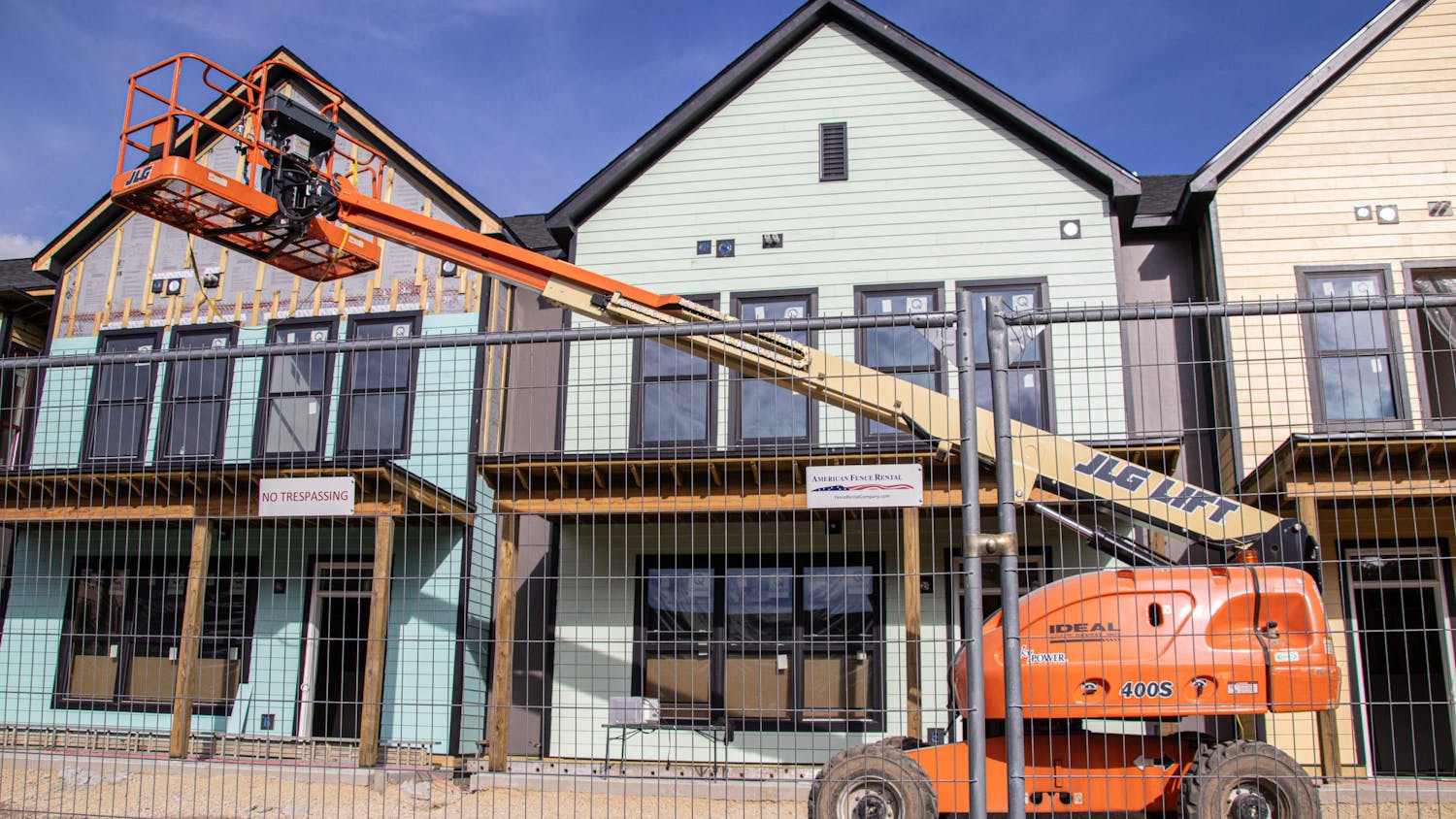Damon Williams, UW-Madison vice provost for diversity and climate, encouraged students and faculty to consider the creation of a hip-hop studies program during his discussion Monday.
The panel asked such questions as what is hip-hop studies, and what would a hip-hop studies program offer that is not already available on campus?
Williams said the study of hip-hop includes not only listening to or performing hip-hop but also analyzing and discussing the culture as well.
He said the audience could show this themselves, asking about their hip-hop participation and experiences and citing that those who have engaged in hip-hop culture and have analyzed it are already playing a part in hip-hop studies.
Katrina Flores, arts and education director for First Wave, a student organization that focuses on involving students in hip-hop culture on campus, said hip-hop studies allows for an interdisciplinary connection between departments because students can study hip-hop from a sociological, anthropological or scientific perspective.
""You can't just come in and study somebody's culture. You have to live it, you have to breathe it and you have to be doing it,"" she said.
Flores added that she is currently working with the UW-Madison physics department to encourage them to do more interdisciplinary research between science and culture.
""I struggled with physics ... but if it can relate to my world and if we can be interdisciplinary in that way then there are so many more possibilities for engagement,"" she said.
Gethsemane Herron, a UW-Madison freshman, said she does not see why UW-Madison wouldn't have a hip-hop studies program, highlighting its importance in today's society.
""How can we ignore something that has permeated American culture,"" Merron said. ""I feel like to not have hip-hop studies is to offer an incomplete education.""
Williams said hip-hop is a cultural trend that should not be ignored in studies at this university.
""Hip hop is a cultural phenomenon … and for me the life of scholarship is about understanding those phenomena, it's putting truths into the world about those phenomena,"" he said.
Monday's discussion panel was part of a campus-wide initiative called Getting Real: The Future of Hip-Hop Studies Scholarship.






